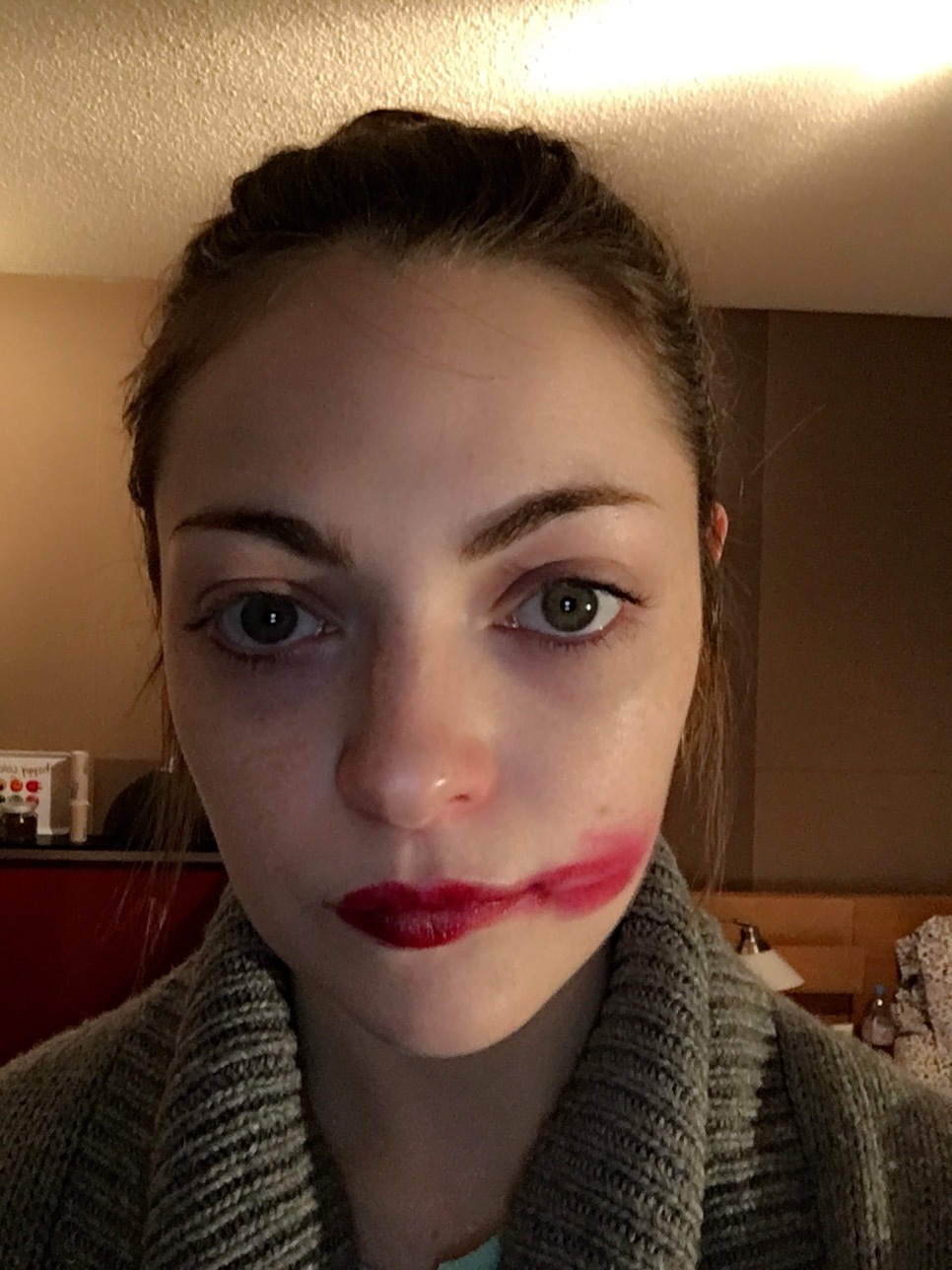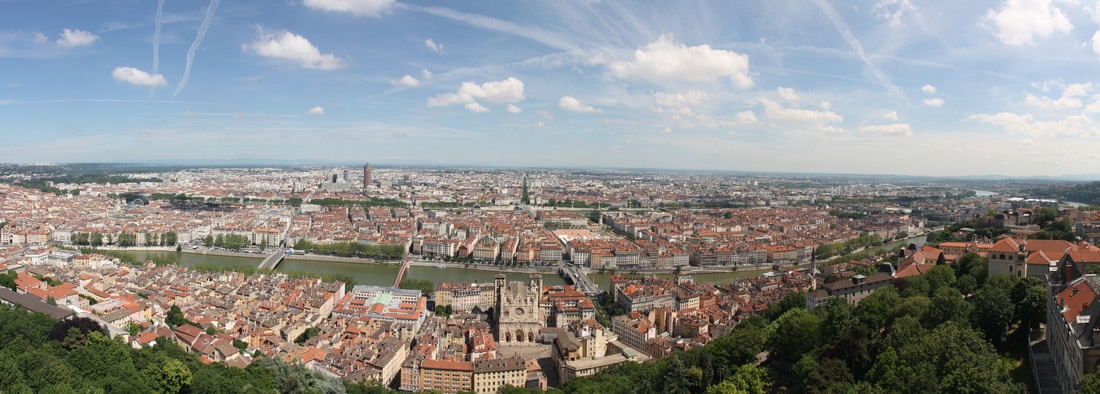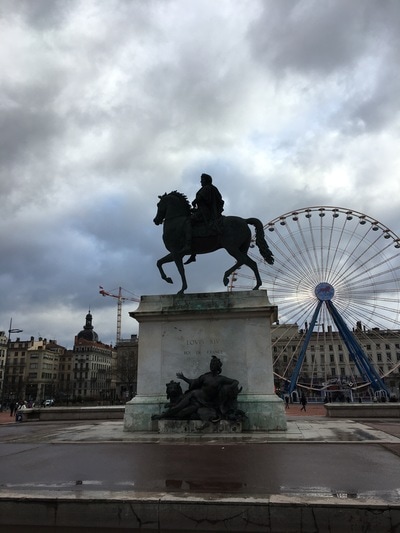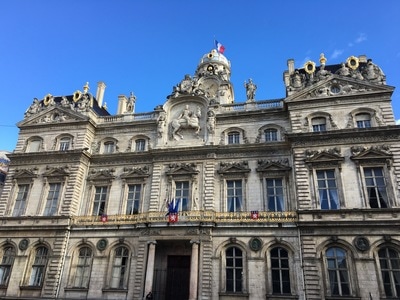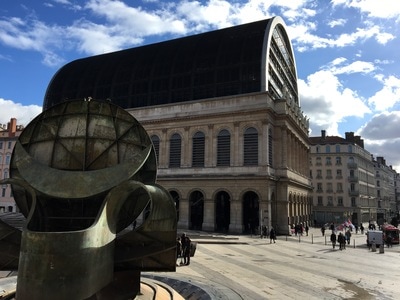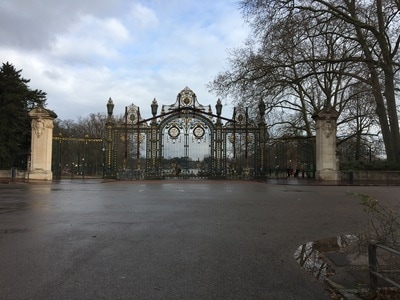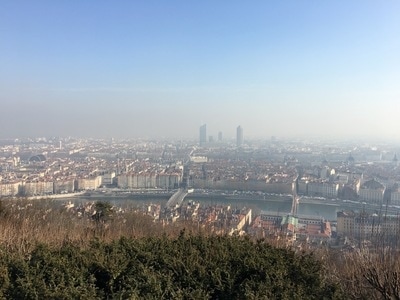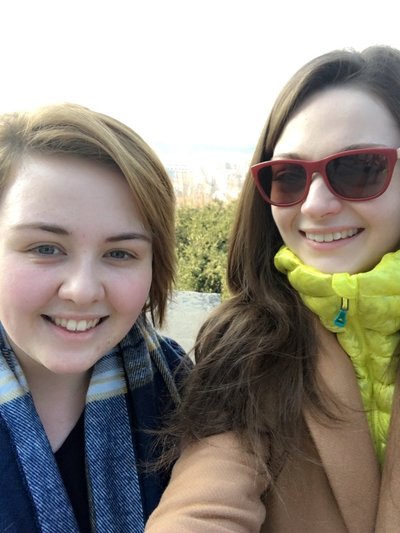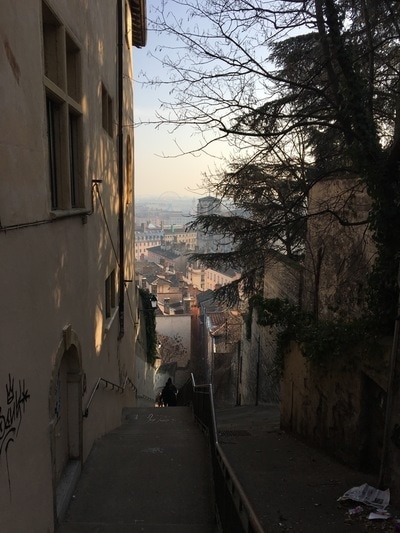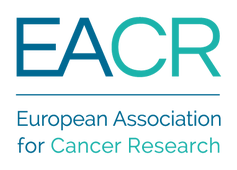|
This week January 22nd - 28th 2017 is Cervical Cancer Awareness Week.
Cervical Cancer - The Facts Cervical cancer is a devastating gynaecological disease which can affect women of all ages. About 3,000 women are diagnosed every year. The survival rate after 10 years following cervical cancer is 63%. The most common risk factor for cervical cancer is HPV infection. HPV is a virus which pretty much everyone has (men and women) and is usually dormant. In some cases this virus becomes active and can mutate the cells which lead to cancer. There are many types of HPV but only two are thought at the moment to cause the majority (70%) of cervical cancers, HPV 16 and HPV 18. Women who have HPV infection and are low risk of developing cancer are classed at CIN I. These women are monitored over time and are only treated when CIN progresses to II or III. This is because the majority of cases will not develop and the treatment is stressful to the patient. The higher risk women are classed as CIN II and III. These women DO NOT have cervical cancer but are at a very high risk of developing it. These women will be treated by removing the effected area either with a laser or freezing following a biopsy. They will then be monitored to make sure the CIN does not return. Women who do have cervical cancer are usually treated with surgery such as Diathermy, LLETZ or Cone Biopsy which removes part or all of the cervical area, depending on the severeness of the disease. Surgeons do all they can to leave as much unaffected cervix as possible in order to maintain a woman's quality of life. Some women may receive chemotherapy if necessary. Smear Tests - Prevention Smear tests are simple, quick tests done every couple of years to check and monitor the cells of the cervix. The cervix lies at the top of the birth canal, where the womb begins. The test uses a speculum to open up the cervix and a brush, which brushes off a small amount of the cervical cells. These cells are then taken and analysed to see if there are any mutations or abnormal looking cells. In the case of pre-cancer (CIN II or CIN III) or cancer these cells are removed. In all other cases the patient is asked to return every couple of years to monitor cervical cells. The more times you go, the more likely it is a pathologist will see the changes in your cervical cells compared to the samples in the previous years. For some women the fear of being exposed and uncomfortable outweigh the benefit of getting it done. While the NHS and other country's health care systems offer free smears, it's usually for women over the age of 25, so many feel discouraged about the cost if you're younger (in Ireland it is €100). I personally hate smear tests and find them incredibly painful (A LOT of women don't feel anything so don't be discouraged). But I have had a smear ever year since I was 18 (8 years). I bore the cost because I knew what I was giving up if I didn't, my peace of mind.
The sad fact about Cervical Cancer is it is 100% preventable. I am asking you as readers, whether you are a woman or you tell your wife, daughters, sisters etc., I am asking for you to please please please go for your smear. We could get rid of cervical cancer as a disease if we all had our smear. Take control of your bodies and your lives and do something about Cervical Cancer.
Let's get rid of this disease for good!! #smearforsmear
For more information visit:
http://www.cancerresearchuk.org/about-cancer/type/cervical-cancer/
0 Comments
Bonjour de France!!
It's the New Year and a very sparkly new me (read: old me in better clothes) has headed to Lyon, France! Why you ask? Well I will tell you, calm down. I am in Lyon to visit the world renowned International Agency for Research on Cancer (IARC). *pause for dramatic effect and exclaims of awe* I know, I know pretty sweet. I'm here for three weeks as part of a research exchange! This research exchange has been generously funded by the European Association for Cancer Research (EACR) and I am very grateful for this opportunity. My goal here is to improve my knowledge about epidemiology and biostatistics (don't worry I have no idea what they mean either) plus meet new and interesting people! IARC is a pretty special place because it is completely dedicated to the study of cancer. People from all disciplines in science come together to work on this one problem. For example I am working with the Nutritional Epidemiology Group. Nutrition and diet are really key in the development and progression cancer so understanding more about these areas will give us a better chance of preventing the disease. I am enjoying Lyon so far. To date I have badly ordered a pizza with no French, got stuck trying to get into an underground station, been in the worlds longest queue (probably) and been snowed on. I have a lovely airbnb (thank you Catherine) near the main part of the city and it's only a 30-40 minute walk from IARC. It's very cold at the moment (hence the snow) but it's a nice cold. It's crisp and refreshing compared to the damp cold you get in Ireland or the UK. The people here are very nice and very helpful! I've had a few moments of failing to communicate with a native but a very kind person has come to my aid (rather embarrassingly I didn't learn any French for this trip which I really should've done). This has also been accompanied with frantic texts to my friend JoAnn who thankfully has lived in Lyon before and takes pity on idiots! UPDATE 1: I attended an interesting seminar this week by Professor Pär Stattin on cancer registries and how to make the information more easily accessed and used. Cancer registries are really important for epidemiologists and cancer researchers. These registries are made up of all the information your hospital/clinic would take when you are first referred. The registry gives you information on patient age, cancer type, first diagnosis, duration of treatment, recurrence etc. This information analyzed together can tell you how widespread certain cancers are across countries and continents. For example cancer registries help determine the most common cancers (in the UK and US Breast cancer is the most commonly diagnosed cancer). This information can also be used to determine survival and mortality. UPDATE 2: SIGHTSEEING! My first weekend in Lyon (1 of 2) was lovely. I tried to do a bit of sightseeing but it was however FREEZING (it's currently -1 and boy can you feel it). On Saturday I wandered the streets of the Vieux-Lyon (the old city) and visited the musées Gadagne to learn about Lyon's history. There is the option to visit a puppet museum there but they freak me out so I passed. It's weird sightseeing on your own, I don't know if anyone has tried it. I'd love to hear how you do it 'cause I struggled a bit. Not the being alone certainly but the "pity face" that everyone gives you because obviously you're unloved. I digress. Lyon is beautiful and full of gorgeous historic buildings. On Sunday I walked to the parc de la Tête d'Or, which has a small zoo and botanical gardens. I strolled (read: power walked) down the river bank, passing a farmers market and wandered around for a few hours in the snowy park. I hope to see more on my second (read: final) weekend in Lyon.
Some pictures from my first weekend to see more visit the Gallery.
UPDATE 3:
53rd Scientific Council 2017: The Scientific Council meets annually to discuss key issues in cancer research. Representatives from cancer agencies from different countries across the world (including Qatar, Ireland, UK, Brazil and Canada) come to assess short, medium and long-term strategies in tackling cancer worldwide. IARC hosted this council while I was here and I had the opportunity to watch (online) some of the meeting and see some policy changes made. It was very interesting and a great insight into the important work IARC does. UPDATE 4: I have now completed my three-week research exchange in IARC. It was a really rewarding experience both professionally and personally. I learnt a lot about data analysis and the work that goes into being as accurate as you can while still providing interpretable statistical models. I met a lot of great people while in Lyon and benefitted greatly from the buddy system implemented by IARC ‘s Early Career Scientist Association (ECSA). I would like to say a huge thank you to my supervisor Dr. Marc Gunter for allowing me to come. I would also like to thank Dr. Pietro Ferrari’s group (Flavie and Nada) for helping with my data analysis and for making a statistical model to test my data on. Mostly I want to thank Rachel, Maria, Tom and Vibha and all the Nutritional Epidemiology Group for making me feel so welcome.  Photo Credit: International Agency for Research on Cancer. https://www.iarc.fr/en/ Photo Credit: International Agency for Research on Cancer. https://www.iarc.fr/en/
IARC was formed in 1965 by the World Health Organization (WHO) as an independent cancer research facility. IARC has a Governing Counsel made up of 25 countries across the globe, allowing IARC to make vital decisions about cancer research without pressures from external sources. More Informaion: https://www.iarc.fr/en/
|
AuthorMy name is Caitriona and I am a PhD student at Imperial College London, UK. Categories
All
|
